Clinton Lost Because PA, WI, and MI Have High Casualty Rates and Saw Her as Pro-war, Study Says
Mondoweiss
An important new study has come out showing that Clinton paid for this arrogance: professors argue that Clinton lost the battleground states of Wisconsin, Pennsylvania, and Michigan in last year’s presidential election because they had some of the highest casualty rates during the Iraq and Afghanistan wars and voters there saw Clinton as the pro-war candidate.


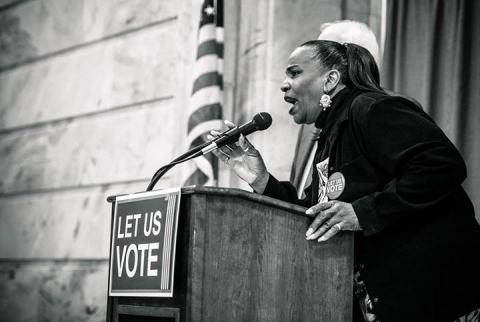

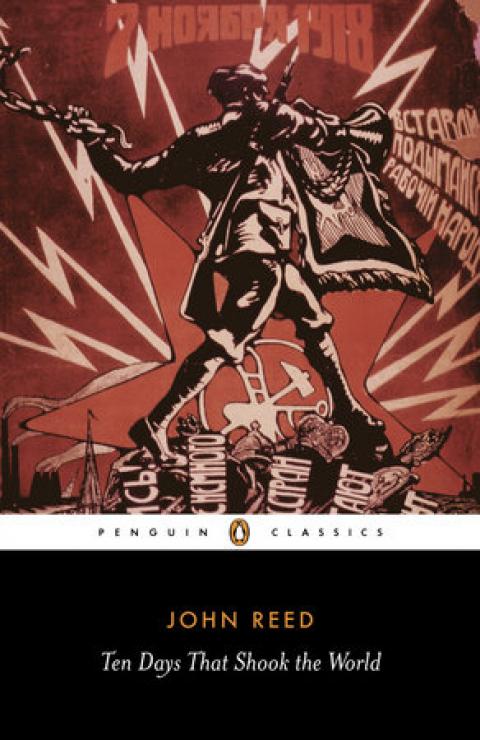
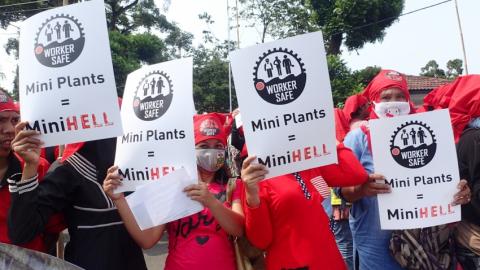
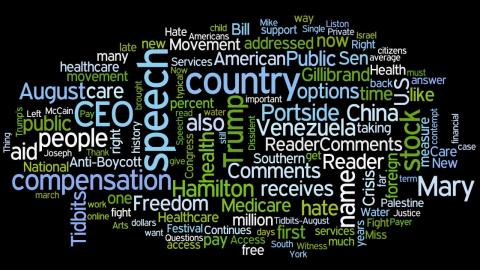
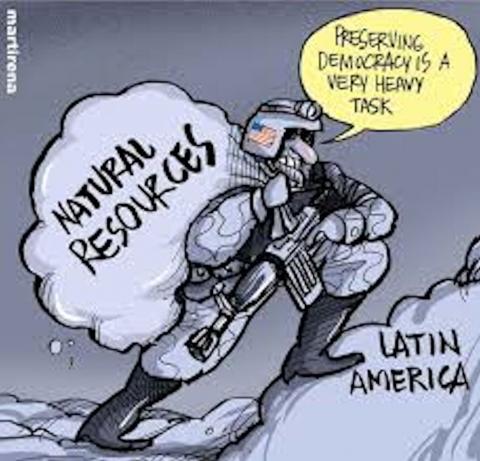
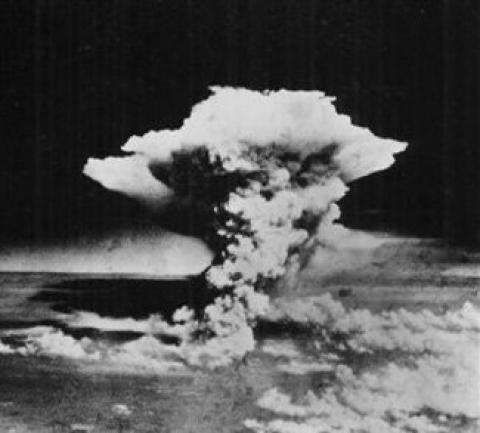
Spread the word